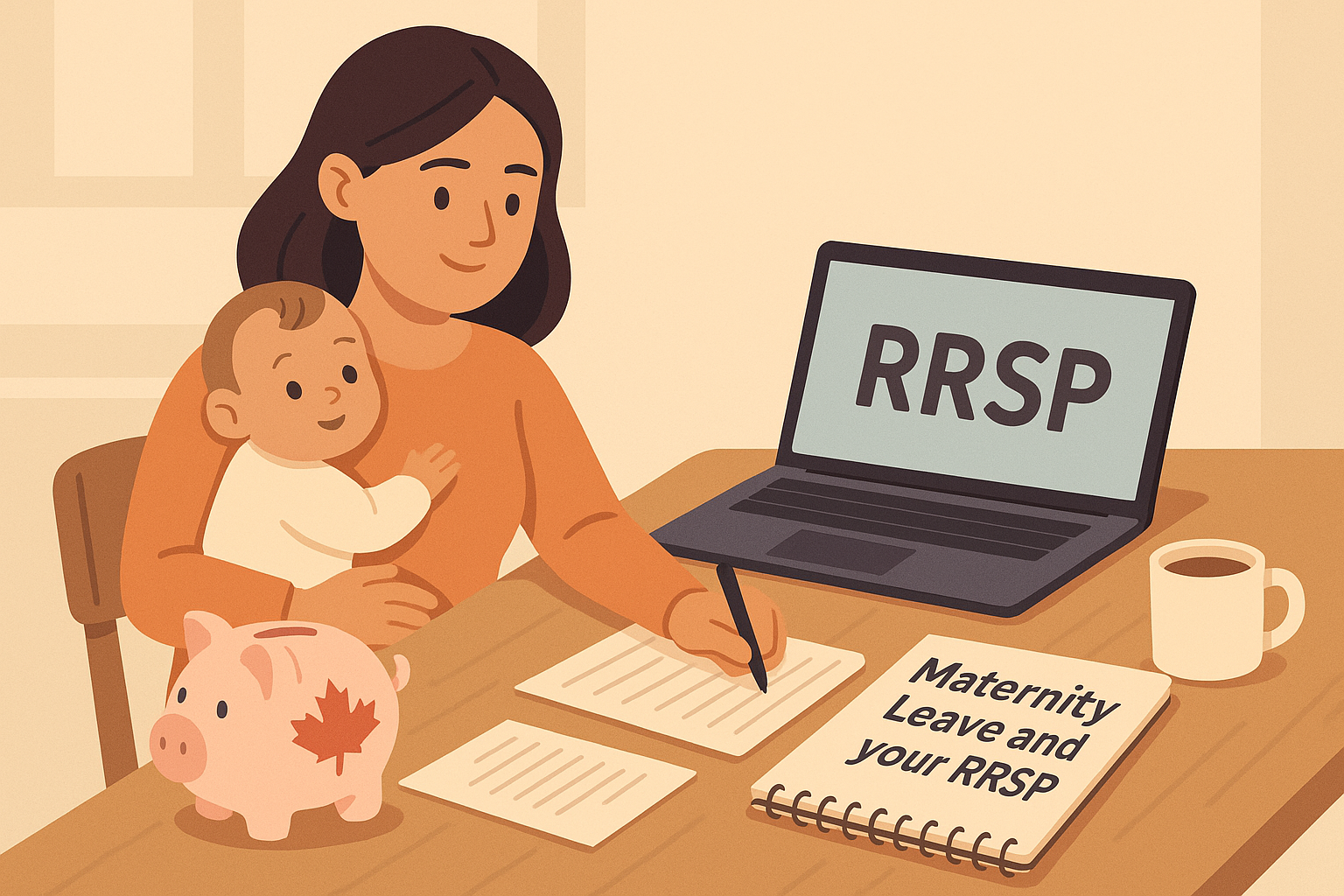In today’s world, financial security is more important than ever. With rising costs of living and the uncertainty of the future, it’s crucial for couples to take control of their finances and plan for a secure retirement. While it may seem like a daunting task, it doesn’t have to be. By following these practical tips for how to manage money as a couple, you can avoid conflicts and build a strong financial partnership with ease.
Set Your Goals Together
Start by defining your shared goals. Whether it’s having children, buying a home, or retiring within two years, clarity is key. Discuss and agree on what you both want to achieve. This could be living closer to family, traveling the world, or simply ensuring financial security. Setting a clear objective gives you a target to work towards.
List the Means to Achieve Your Goals
Once your goals are set, list the means to achieve them. This might include saving a certain amount each month, investing in stocks or real estate, or reducing unnecessary expenses. Break down your goals into manageable steps. For example, if you aim to retire in two years, calculate how much you need to save monthly and explore investment options to grow your savings.
Implement Your Plan
Next, put your plan into action. Set up automatic transfers to your savings account, start an investment portfolio, or adjust your spending habits. Consistency is crucial here. Ensure that both partners are committed to the plan and contribute equally, based on their means. This might mean dividing common expenses proportionally to your incomes to ensure fairness.
Evaluate and Adjust
Regularly review your progress. Evaluate the effectiveness of your strategies every few months. Are you on track with your savings? Are your investments performing well? If something isn’t working, be ready to adjust. This could mean revising your goals or trying different saving or investment methods. Flexibility ensures that you stay on course, even if circumstances change.
Make Thoughtful Decisions
Making major financial decisions requires careful consideration and compromise. You might decide to buy a smaller house in a less expensive neighborhood close to your parents, or stagger your retirements by six months to ease into the transition. These decisions should be made together, ensuring that both partners are comfortable with the choices.
Communicate and Celebrate Successes
Communication is vital in any financial plan. Regularly discuss your achievements and any issues. Celebrate your small victories, like hitting a savings milestone or successfully organizing a vacation. Acknowledge each other’s contributions and address any irritants constructively. This strengthens your partnership and keeps you motivated.
Choose the Right Words
Effective communication isn’t about manipulation; it’s about understanding and adapting to each other’s perspectives. Use positive and motivating language. For instance, rather than insisting on strict budget cuts, frame it as a step towards achieving a shared dream, like a memorable trip or a comfortable retirement. By aligning your language and approach, you foster cooperation and mutual support.
Avoid Comparisons and Focus on Your Journey
Every couple’s financial journey is unique. Avoid the trap of comparing yourselves to others. Just because other couples are buying big houses or taking extravagant trips doesn’t mean you should. Focus on what makes sense for your financial situation and goals. Personalized planning is key to genuine happiness and security.
Proportional Expense Sharing
Instead of splitting expenses 50-50, consider dividing them proportionally based on your net incomes. This approach is fairer and takes into account income disparities. For blended families, a common practice is for each partner to cover their own children’s expenses. Clearly outline and agree on these expectations to avoid misunderstandings.
Make Budgeting Enjoyable
Budgeting doesn’t have to be tedious. Integrate fun and rewarding elements into your financial planning. Plan for enjoyable projects like a home renovation, a family trip, or frequent restaurant outings. This shifts the perception of budgeting from a constraint to a facilitator of delightful experiences.
By following these steps, you and your partner can master your finances, plan effectively for your retirement, and build a secure and fulfilling future together. Start today, stay committed, and watch your financial confidence and success grow.
Thank you for reading! Subscribe for more helpful content!
Disclaimer: While I strive to provide valuable information, I am not a financial advisor. The content on this page is intended for informational purposes only and should not be taken as financial advice. To choose the financial asset that best fits your individual profile, consult with a professional financial advisor and discuss your specific circumstances.






